Elike Hodo
Machine Learning Approach for Detection of nonTor Traffic
Aug 29, 2017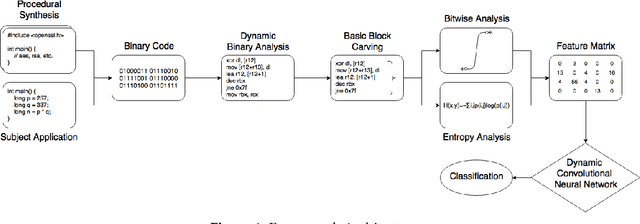
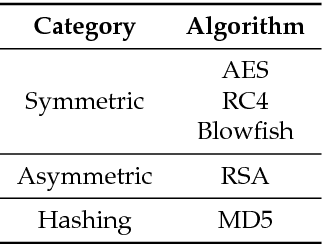
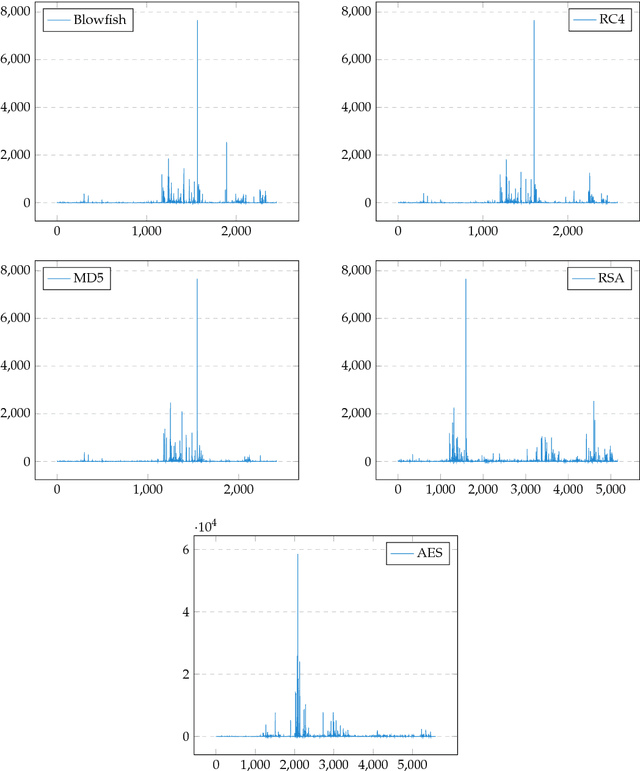
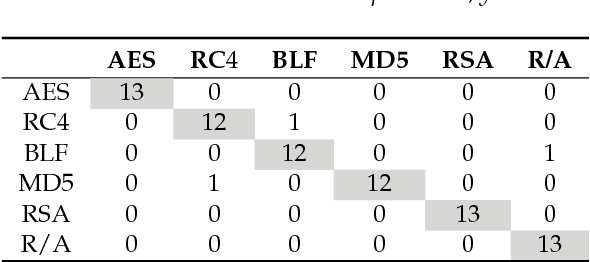
Abstract:Intrusion detection has attracted a considerable interest from researchers and industries. After many years of research the community still faces the problem of building reliable and efficient intrusion detection systems (IDS) capable of handling large quantities of data with changing patterns in real time situations. The Tor network is popular in providing privacy and security to end user by anonymising the identity of internet users connecting through a series of tunnels and nodes. This work focuses on the classification of Tor traffic and nonTor traffic to expose the activities within Tor traffic that minimizes the protection of users. A study to compare the reliability and efficiency of Artificial Neural Network and Support vector machine in detecting nonTor traffic in UNB-CIC Tor Network Traffic dataset is presented in this paper. The results are analysed based on the overall accuracy, detection rate and false positive rate of the two algorithms. Experimental results show that both algorithms could detect nonTor traffic in the dataset. A hybrid Artificial neural network proved a better classifier than SVM in detecting nonTor traffic in UNB-CIC Tor Network Traffic dataset.
* 6 pages, 4 figures, Accepted and Presented in ARES '17 Proceedings of the 12th International Conference on Availability, Reliability and Security
Threat analysis of IoT networks Using Artificial Neural Network Intrusion Detection System
Apr 07, 2017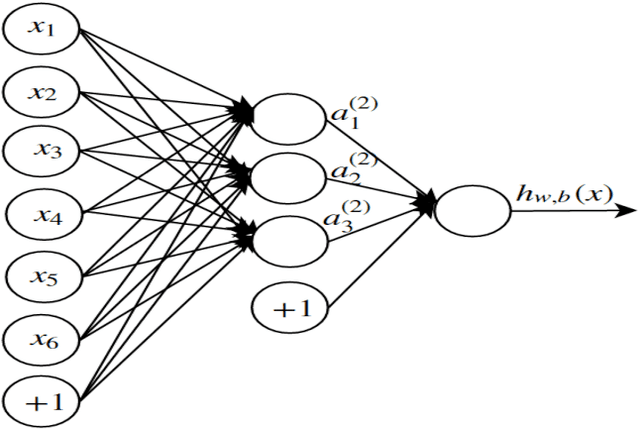
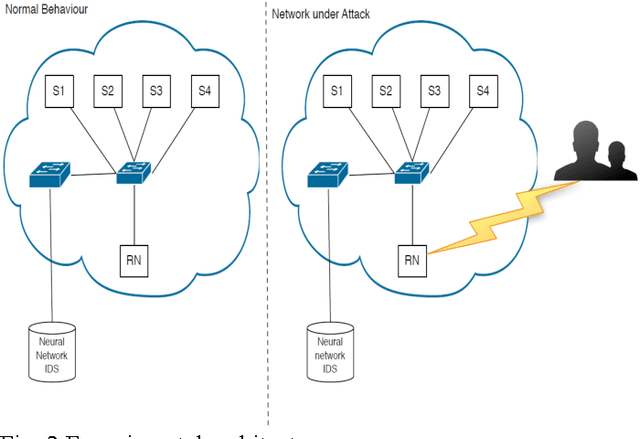
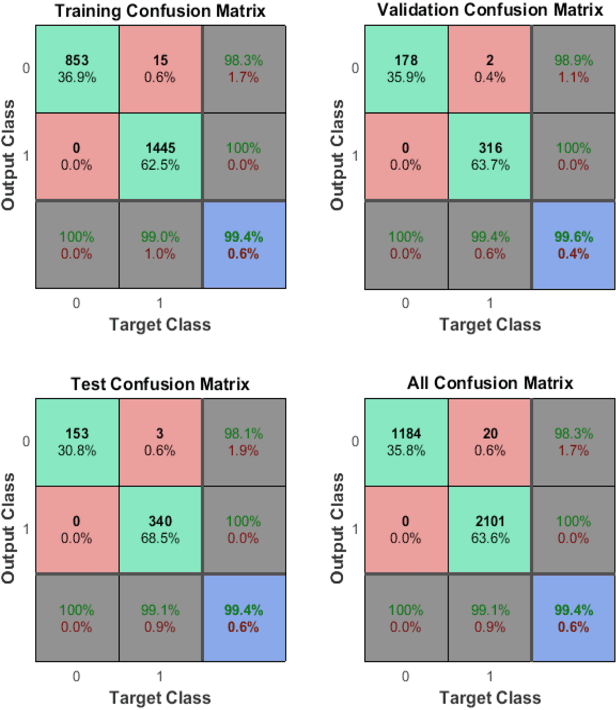
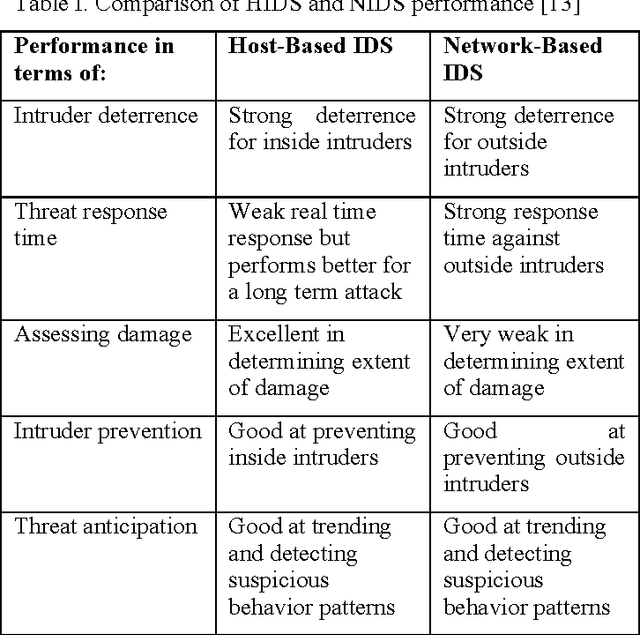
Abstract:The Internet of things (IoT) is still in its infancy and has attracted much interest in many industrial sectors including medical fields, logistics tracking, smart cities and automobiles. However as a paradigm, it is susceptible to a range of significant intrusion threats. This paper presents a threat analysis of the IoT and uses an Artificial Neural Network (ANN) to combat these threats. A multi-level perceptron, a type of supervised ANN, is trained using internet packet traces, then is assessed on its ability to thwart Distributed Denial of Service (DDoS/DoS) attacks. This paper focuses on the classification of normal and threat patterns on an IoT Network. The ANN procedure is validated against a simulated IoT network. The experimental results demonstrate 99.4% accuracy and can successfully detect various DDoS/DoS attacks.
Shallow and Deep Networks Intrusion Detection System: A Taxonomy and Survey
Jan 09, 2017



Abstract:Intrusion detection has attracted a considerable interest from researchers and industries. The community, after many years of research, still faces the problem of building reliable and efficient IDS that are capable of handling large quantities of data, with changing patterns in real time situations. The work presented in this manuscript classifies intrusion detection systems (IDS). Moreover, a taxonomy and survey of shallow and deep networks intrusion detection systems is presented based on previous and current works. This taxonomy and survey reviews machine learning techniques and their performance in detecting anomalies. Feature selection which influences the effectiveness of machine learning (ML) IDS is discussed to explain the role of feature selection in the classification and training phase of ML IDS. Finally, a discussion of the false and true positive alarm rates is presented to help researchers model reliable and efficient machine learning based intrusion detection systems.
 Add to Chrome
Add to Chrome Add to Firefox
Add to Firefox Add to Edge
Add to Edge